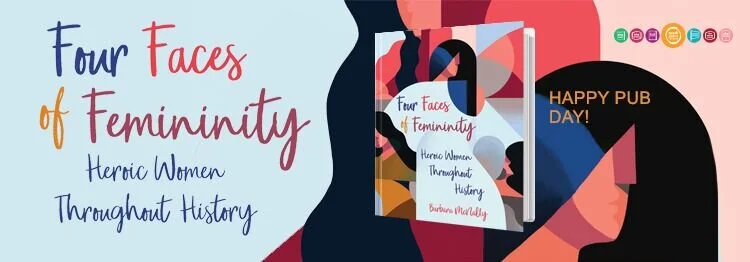The American news media reports war casualties on a near-hourly basis, so you'd think that the American public would have easy access to accurate statistics about military deaths in Iraq and the other Middle Eastern conflicts. But, as it turns out, it's hard to get a straight answer.
Although many sources were releasing figures in the 4,300 range back in 2009, some believe that number was kept artificially low. The George W. Bush administration decided to tally casualties only if a soldier died with boots on the ground in a combat situation. This means that if a soldier died while being transported to a medical facility or while being treated at a hospital, his/her death was not counted as a casualty of the conflict. And since our evacuation capabilities are quite advanced, many, many more people died en route to or during treatment for their injuries.
A report released by the Department of Veterans affairs in 2007 stated that nearly 74,000 Americans were killed during Gulf War actions between 1990 and 2007. That's tens of thousands more than the 58,195 reported casualties from the Vietnam War. But that report began counting far earlier than most, back when George H.W. Bush was in office and sending troops to Kuwait. Wikipedia maintains that only 4,491 U.S. military personnel died between 2003 and 2010, the time period that most people consider to encompass the “Second Gulf War.”
And, of course, American military personnel have also been fighting in other areas of the Middle East, many of them in Afghanistan. Obama administration reports say that 2,325 U.S. soldiers had died in action as of October 2015, but a staggering 20,083 were wounded while fighting in Afghanistan. And it's hard to tell if the current administration is sticking to the boots-on-the-ground tally method, or owning up to deaths that occurred en-route to or during medical care.
These deaths are tragic, and the idea that there may be more of them to mourn than we will ever know for sure is infuriating. But many of the injured service-people are the ones who continue to suffer even after they've returned home from violent conflict. The 2007 report stated that a horrifying 1,620,906 disability claims were filed by Gulf War veterans, and thousands upon thousands more have filed in the decade that followed. Many are also attempting to get by without disability pay, relying on their loved ones for support and care, sometimes for life-changing injuries.
In many cases, this means wives and spouses who are thrust into caregiving roles the moment their warriors return from battle. These partners are unspeakably relieved that their beloved soldiers, sailors, airmen, and marines weren't added to the long (if confusingly tallied) lists of lost lives … but they often have no idea how to cope with the injured and altered versions of their husbands and wives who've returned home to them.
It is essential that we honor the brave women and men who gave their lives protecting our freedom in these brutal and seemingly endless Middle East conflicts. I hope, though, that you'll remember to pay your respects to the injured warriors who returned to us, and the admirably brave caregivers who stand with them. We may never know for sure how many American fighters have died in Iraq and Afghanistan, but we certainly that the ones who came home wounded have sacrificed and suffered. And that both they and the loved ones who keep them healthy and well are heroes living in our midst.
